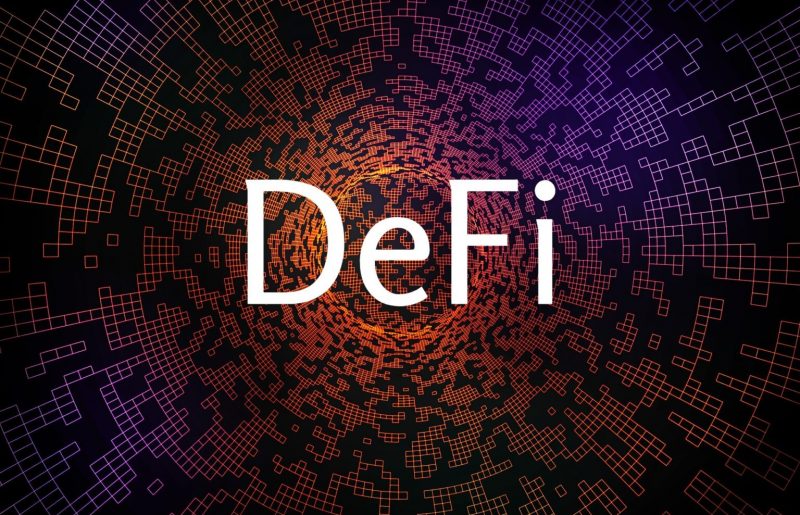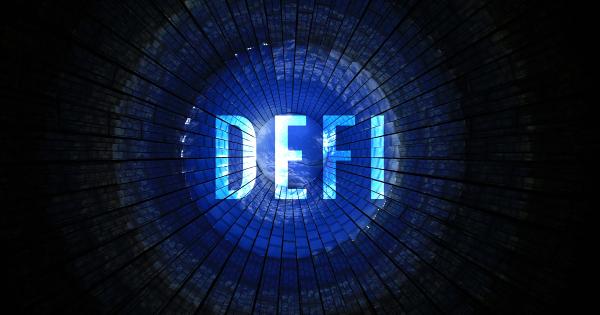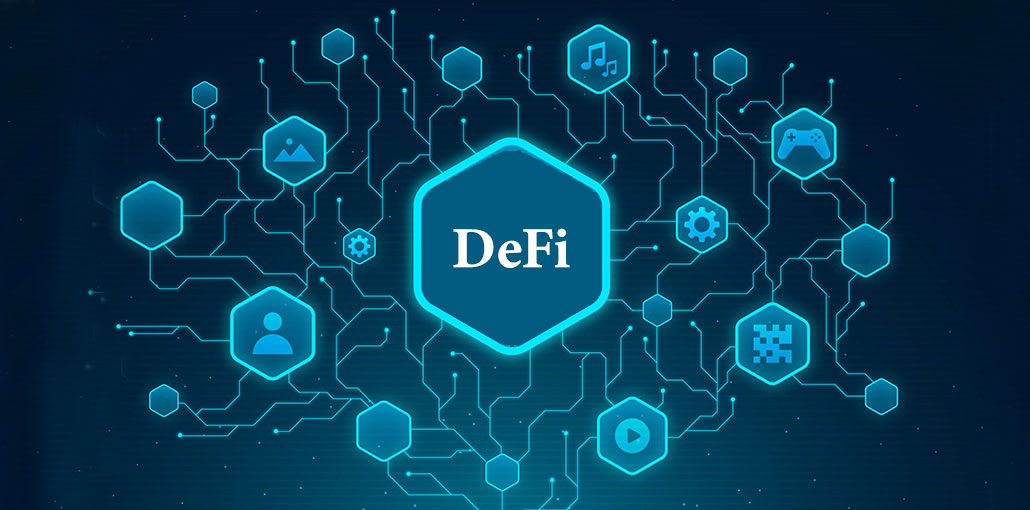In 2020, Defi exploded, bringing a flood of new projects into the crypto sphere and popularizing a fresh wave of finance. Since Bitcoin essentially possesses many Defi characteristics, other than its 2009 launch, the Defi industry has no defined beginning.
However, after 2017, several ecosystems gained more notoriety, popularizing more financial capabilities for Defi and crypto. Compound Finance and MakerDAO are two examples. The Defi niche exploded in 2020 as more platforms appeared in response to people using Defi solutions for strategies like yield farming. Below are four uncharted Defi blockchain development tips.
Decentralized exchanges (DEXs)
Users can trade digital assets using DEXs without the assistance of an intermediary or third-party service provider. DEXs have long been a part of the crypto industry overall, despite being only one component of the Defi sector. They enable users to trade digital currency without needing an exchange account.

Through blockchain transactions, DEXs let you hold assets independently of a centralized platform and trade at will from your wallets. In 2020, automated market makers, a subset of DEX that uses liquidity pools and smart contracts to make it easier to buy and sell crypto assets, gained popularity.
DEXs are typically built on top of specific blockchains, limiting their compatibility with the technology on which they are built. DEXs built on the Ethereum blockchain, for example, facilitate the trading of Ethereum-based assets such as ERC-20 tokens.
Aggregators and wallets
The interfaces through which users interact with the Defi market are known as aggregators. In essence, they function as decentralized asset management platforms that automatically switch users’ crypto assets between different yield-farming platforms to maximize returns.
Wallets are storage and transaction hubs for digital assets. Wallets can store multiple assets or just one, and they come in various forms, including software, hardware, and exchange wallets. Self-hosted wallets in which you manage your private keys can be an essential component of Defi, facilitating various Defi platform uses depending on the wallet. On the other hand, exchange-based wallets manage your private keys for you, giving you less security responsibility and control.
Decentralized marketplaces
Decentralized marketplaces are a vital application of blockchain technology. They put the “peer” in peer-to-peer networks because they allow users to transact with one another without the need for an intermediary. The Ethereum smart contract platform is the most popular blockchain for facilitating decentralized marketplaces, but many others allow users to trade or exchange specific assets, such as nonfungible tokens (NFTs).

Oracles/prediction markets
Oracles use a third-party provider to send real-world off-chain data to the blockchain. Oracles paved the way for prediction markets on Defi crypto platforms where users can wager on the outcome of an event, ranging from elections to price movements, with payouts made via an automated process governed by smart contracts.
Conclusion
Generally, the lower the token’s market capitalization, the riskier it is as an investment. As a result, before committing funds, consider the liquidity of tokens. Before investing, ensure you understand how long a Defi protocol has been in operation and how much money it has in total deposits. If you need help in DeFi blockchain development. Contact SmartOSC, we can help you every step of the way, whether it’s creativity, research, development, testing, or launch.
Contact us if you have any queries about Blockchain development services, dApps development, NFT marketplace development, Crypto wallet development, Smart contracts development.

